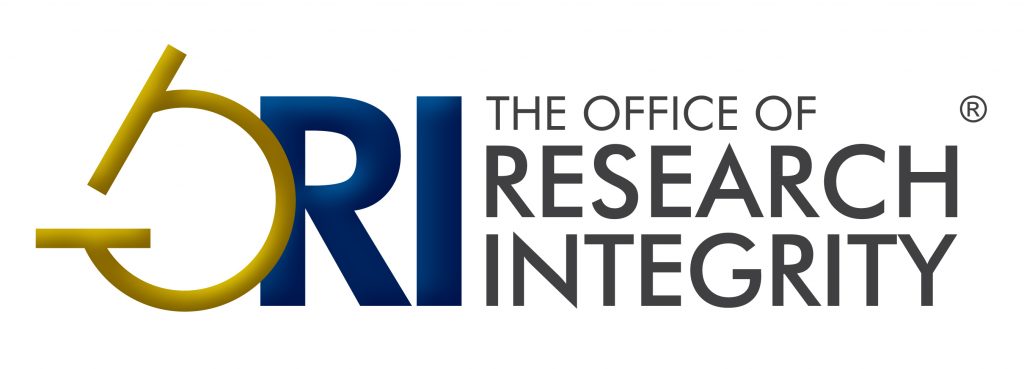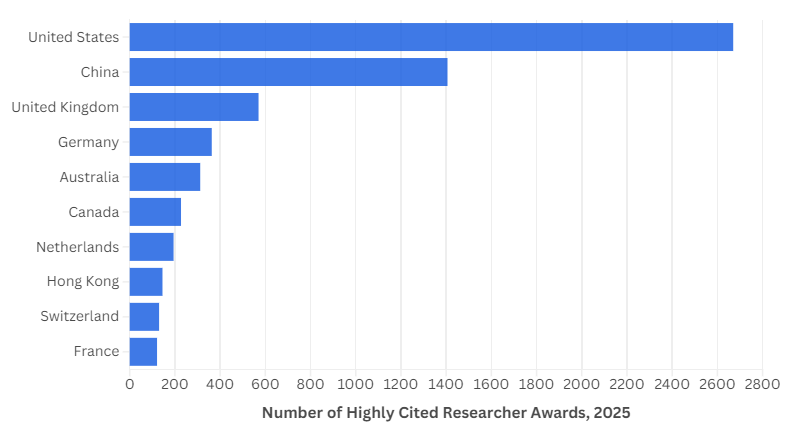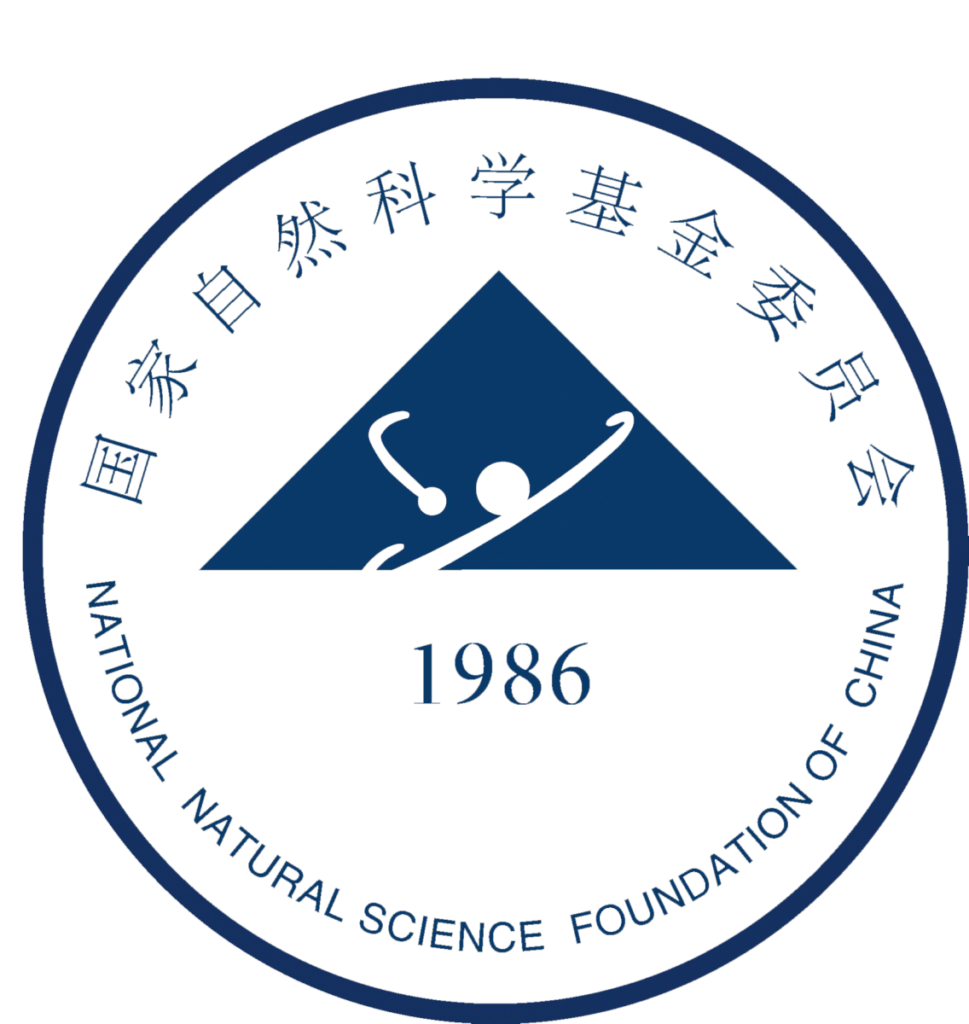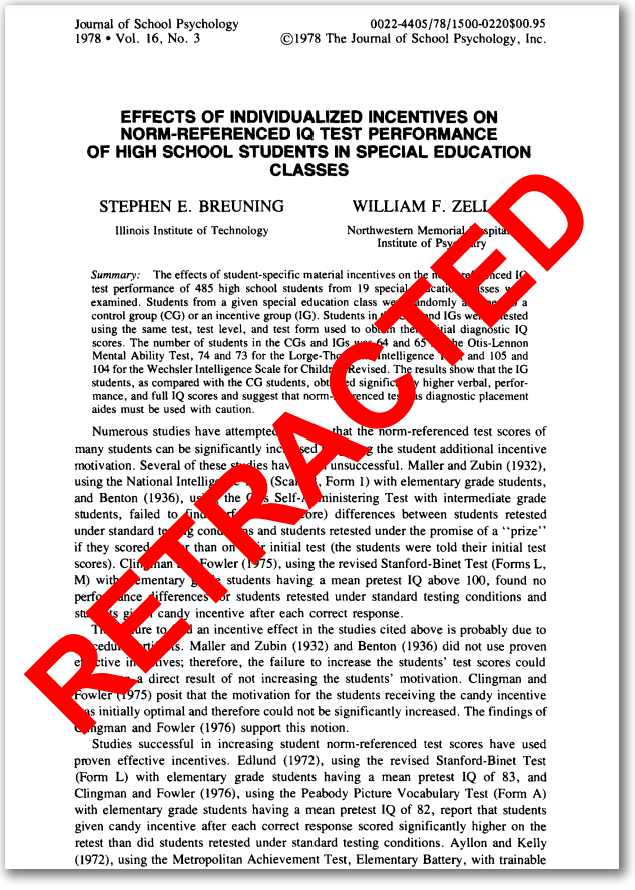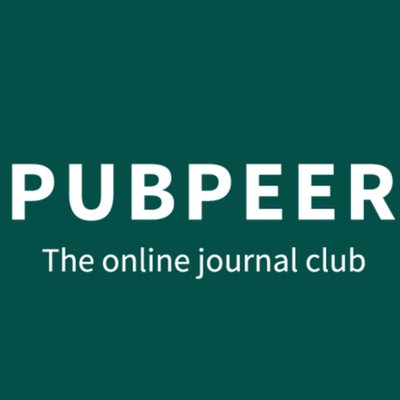The U.S. Office of Research Integrity has been relatively quiet in 2025, releasing just two misconduct findings with only two weeks remaining in the year — the fewest the office has released since at least 2006. ORI typically releases an average of about 10 findings a year.
The office, part of the Department of Health and Human Services, oversees research integrity and misconduct for the National Institutes of Health, the Centers for Disease Control and Prevention and other HHS agencies. Its team of scientist-investigators review institutional inquiries and investigate possible research misconduct for a portfolio of publicly funded biomedical research that totals tens of billions of dollars.
In response to questions on whether the office expects to release more rulings this year, an HHS spokesperson told us the office can’t comment on open cases or anticipated findings. “ORI’s Division of Investigative Oversight continues to carry out its oversight responsibilities, and staff actively engage in process improvements to increase the efficiency and effectiveness of responding to research misconduct allegations,” the spokesperson said.
Continue reading ORI has released just two misconduct findings this year